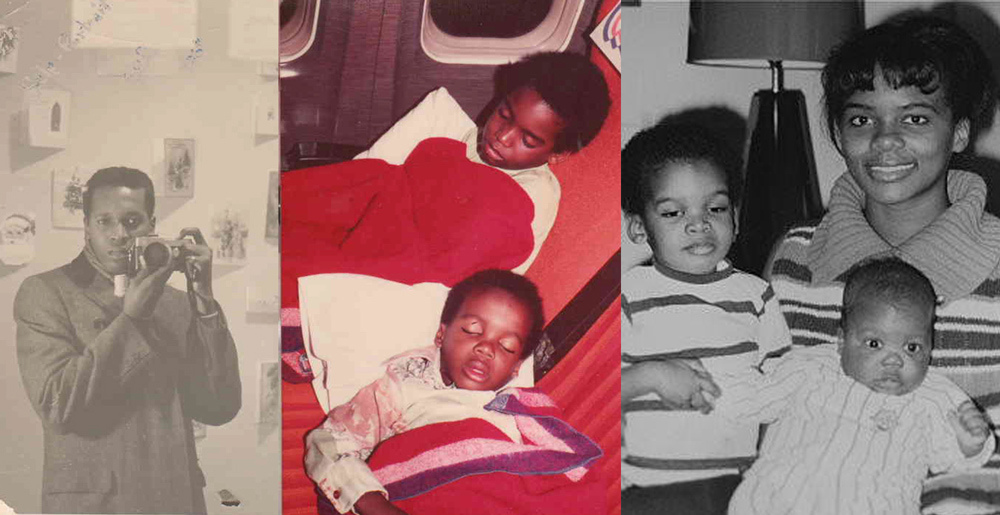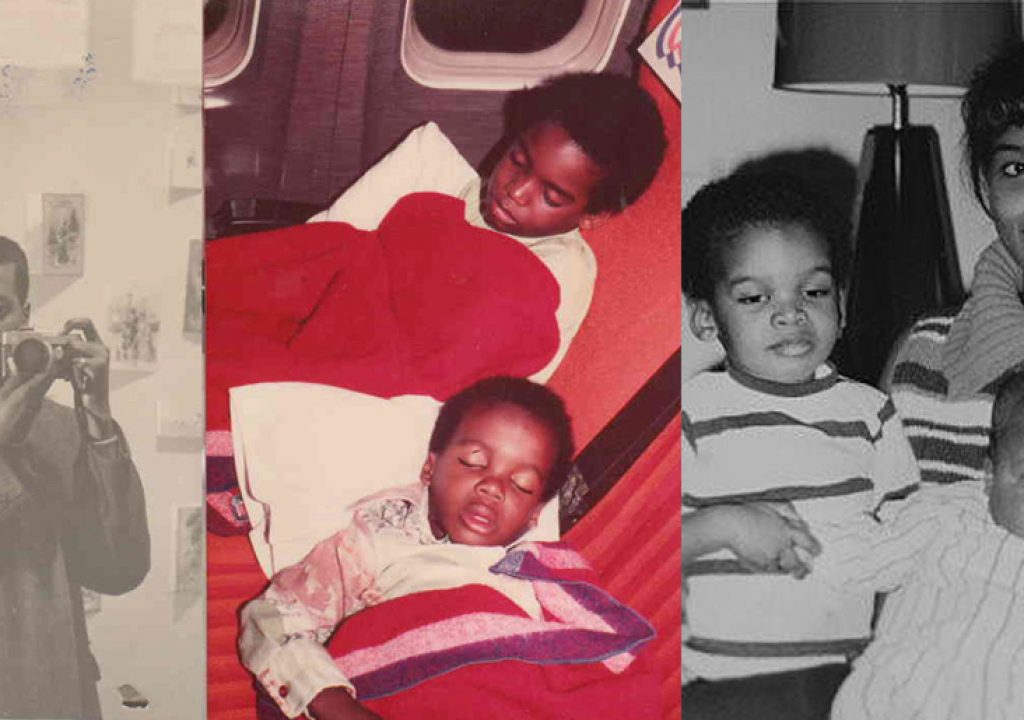
On episode #2 of Radio Film School, host Ron Dawson explores why personal stories and vulnerability are such key aspects of filmmaking by getting into what those things have meant to and for his own work. It’s a continuation of the journey he began in episode #1, and explains why such things are essential to every filmmakers’ work.
You can listen to the full episode below or download it via iTunes, and Ron was kind enough to further discuss some of the topics that he dealt with in the episode with us. We ask him some specific questions about vulnerability, what it means for a filmmaker to explore their own “origin story” and plenty more. Reading what he has to say will serve as a tease of what’s in store for the episode while also providing some significant supplementary info.
Vulnerability is a key aspect of this episode, and it’s something you explore in a blog post as well. As a filmmaker, is vulnerability more about exposing something personal that the creator has experienced, or about getting into thoughts/feelings they don’t typically share?
I love that question. On the chance of sounding a tad esoteric, I actually think it’s neither, and both. As Ricky Ricardo would say, “Let me ‘splain.”
I think vulnerability is opening yourself to another human being in such a way that it invites pain, disgrace and/or embarrassment. Depending on who you are and what your life experiences have been, the scenarios you mentioned above may or may not make you “vulnerable.”
For example, someone like Madonna expressing her sexuality so openly like she did in the 90s, one could argue was not her being vulnerable. It seems totally in her nature. Yet, get her in an intimate interview to talk about her relationship with her dad (there’s fathers again), and it would be a different story.
So, exposing something personal as a filmmaker may or may not be an act of vulnerability for you. Getting into thoughts/feeling you don’t normally share may or may not be an act of vulnerability. There is no set formula.
Some have described superhero stories as modern mythology, and those parallels are evident when you consider the origins of the biggest characters like Batman and Superman. Do you think that tragedy exposes the vulnerability in those characters to the point where it allows us to empathize with them in a way audiences never could with mythological characters?
I think audiences have empathized with mythological characters, just as much as they have with today’s superheroes. I think that’s why they’ve stood the test of time. Even some of today’s “superheroes” are in fact mythological characters, most notably Thor; and you could even argue Aquaman is a modern day Triton.
I think modern day superheroes are just contemporary versions of mythological characters that have always existed. In many (if not most) superheroes you can see remnants of Hercules, Perseus, Achilles, Beowulf, etc.
It’s funny you mention tragedy because episode 3 of the main show specifically looks at tragedy as a theme and how it plays into my origin as a filmmaker. (But that’s fodder for another post).
It was quite funny to hear that you collected airplane barf bags as a kid. Do you still have those? Have you talked with other filmmakers about the oddities they might have collected as kids?
I haven’t had those for years. But I do remember keeping them for a long time. I kept all kinds of little knick-knacks in there. I haven’t asked other filmmakers about oddities they collected, but I’m going to start now. I love that idea.
Getting a Super 8 as a present as a kid was obviously an amazing present. Do you think it created the desire to become a filmmaker, or instead helped to develop a passion that was already there?
I think that camera was just a seed. I don’t ever recall having a deep desire to be a filmmaker specifically during my childhood beyond the years I made that first super 8 film. But I have always been a storyteller at heart.
I had an extremely vivid imagination as a kid. During Christmas I would take some of our Christmas tree ornaments off the and create my own adventures with the reindeer, snowmen and Nutcrackers. I was inspired by the stop animation classics like “Rudolph”, “Santa Claus is Comin to Town,” and “The Year Without a Santa Claus.” When I was in the 4th grade, during the long drives home from Altadena, CA to Playa del Rey from the private school I attended, I would make believe I was in a submarine and traveling to my underwater headquarters. So, the visual storyteller was always there. The 8mm camera planted the seed that bloomed when I first took film classes at De Anza College.
When filmmakers explore their own “first time” experiences when it comes to filmmaking, do you think they’ll open up possibilities for future stories, or is it more about getting a better understanding of themselves as storytellers?
Filmmakers spend so much time telling other people’s stories, it would do them some good to tell their own; or if not tell it, research and explore it. To that end, exploring your first-time story can be like a rabbit hole, taking you down paths you wouldn’t expect, if you’re willing to dig deep. And by dig deep, I mean don’t just say “I wanted to become a filmmaker the first time I saw Star Wars.” Why did Star Wars affect you? Was it just about cool effects, or was there something else? Don’t just say “I used to make short movies with my dad’s VHS as a kid.” How did you come to make that first VHS movie? How did it make you feel? I’m a stickler for details. I’m always pushing my guests to go deeper.
We as a culture are so used to giving short, pat answers to things. I recently interviewed Ben Consoli (a successful commercial producer and himself host of the popular GoCreativeShow). He was telling about how he gets into these long debates and discussions with friends, family or colleagues when they don’t like a movie he really likes. Nothing too unusual there. We’ve all had that experience. But I really pressed him to tell me why he’s like that. “Is there some deep-rooted sense and longing to be validated that makes you get into these discussions?” He laughed, made a funny comment about this being like “therapy,” but then seriously paused to ponder. We ended up getting into a discussion about an experience he had in high school when kids made fun of him about being so gung ho for mini-discs. We explored that possibility that that experience may have contributed to his passionate discussions.
I can’t help but think about Alex Haley’s “Roots.” At some point growing up he probably knew a smidgen of his family history. But when he dug deeper, he opened up this whole new world that led to a best selling book and two mini series. I’m not saying filmmakers who dive into their “roots” as filmmakers will create something on the same scale. But once you start down that rabbit hole. The whole world of discovery opens up. That’s what I’ve been learning as I make this podcast.
What’s the best way for a filmmaker to ensure they aren’t holding anything back when attempting to tell their story?
Tell/show the story they’re creating to the people that know them best; the people who will make them feel safe to be vulnerable. It may be a spouse or other significant other. A sibling. A parent. But it has to be someone who can see through any b.s., and can offer input with love and understanding.
Also, over time, the more you get used to being vulnerable, the more in touch you’ll be able to be with yourself, and know inherently whether or not you’re holding anything back.
More with Radio Film School

